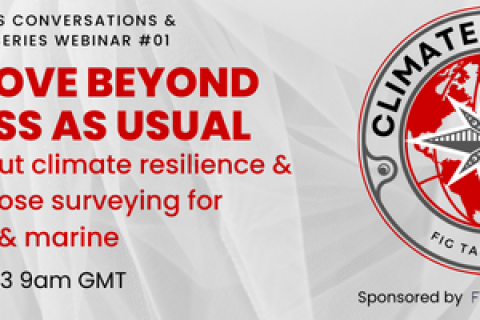IXE conférence du géomètre européen – le rôle du géomètre dans la gestion des catastrophes – 9 novembre 2023
Le Comité de Liaison des Géomètres Européens (CLGE) et l’Ordre des géomètres-experts (OGE), ont le plaisir de convier le réseau francophone FGF à la IXème Conférence du Géomètre Européen sur le thème « Le rôle du géomètre dans la gestion des catastrophes ».












